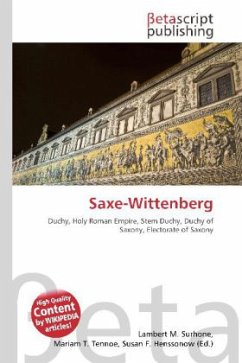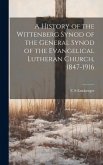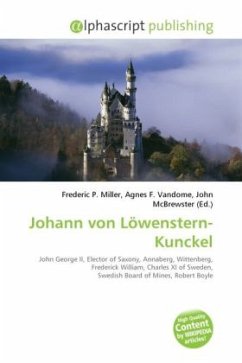High Quality Content by WIKIPEDIA articles! Wittenberg, officially Lutherstadt Wittenberg, is a town in Germany in the Bundesland Saxony-Anhalt, on the river Elbe. It has a population of about 50,000. The importance of Wittenberg historically was due to its seat of the Elector of Saxony, a dignity held by the dukes of Saxe-Wittenberg and also to its close connection with Martin Luther and the dawn of the Protestant Reformation; several of its buildings are associated with the events of this time. Part of the Augustinian monastery in which Luther dwelt, first as a monk and later as owner with his wife and family, is preserved and considered to be the world's premier museum dedicated to Luther. A settlement was mentioned first in 1180 as a small village founded by Flemish colonists under the rule of the House of Ascania. In 1260 it became the residence of the dukes of Saxe-Wittenberg, and in 1293 the settlement was granted a town charter. Wittenberg developed into an important trade centre during the following centuries, due to its location. When the Ascanians died out, Saxe-Wittenberg passed to the House of Wettin.
Bitte wählen Sie Ihr Anliegen aus.
Rechnungen
Retourenschein anfordern
Bestellstatus
Storno








